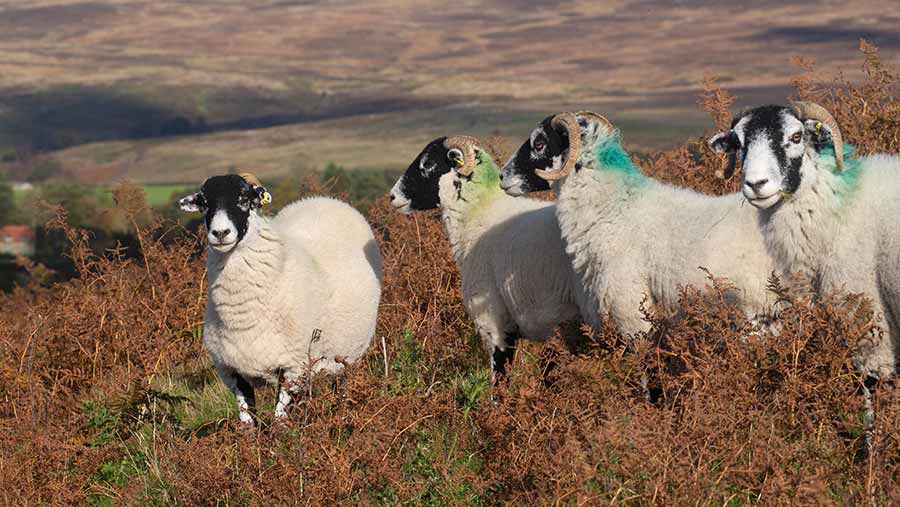Landscape recovery funding will benefit farmers, says Green Alliance
 © Tim Scrivener
© Tim Scrivener Restoring habitats on the least productive agricultural land could drive up farm incomes while tackling both carbon emissions and falling bird populations, claims a new report from environmental think tank Green Alliance.
According to the study, titled Land of Opportunity, the least productive 10% of land in England produces just 0.5% of the food.
It suggests that funding farmers to restore natural habitats on this low-grade land would not only increase bird populations (by as much as 50% by 2050, it claims), but boost incomes for farmers of this land by about 20%.
See also: Regenerative farming is the future, says Prince Charles
To achieve this, however, Green Alliance says the government should fulfil its commitment to allocate about a third of the existing £2.4bn rural budget to restoring native woodland, peatland and heath through Landscape Recovery – part of the Environmental Land Management (ELM) scheme.
The report says: “In the short term, allocating £600m to recovering 10% of the English landscape would provide those farming the most unproductive land with an opportunity to establish more stable incomes, combining income from food production with payments for environmental goods.
Funding
But Green Alliance complains that so far the government has made only 2% of the budget available for Landscape Recovery, with pilots launched earlier this year – and fears a rowing back on the “one third” funding commitment.
James Elliott, senior policy adviser at Green Alliance, said: “The government looked set to realise a genuine Brexit opportunity when developing new plans for agriculture, but there are now fears we will return to a climate-destructive EU-style system, or ignite a race to the bottom where farmers and the environment both lose.”
Defra, however, insists that its plans for Landscape Recovery have not changed.
“We have always been clear that farming and the environment must go hand in hand,” a spokesman said. “Healthy soils, abundant pollinators and clean water are the foundations of food production, which is why our new schemes will support farmers to adopt sustainable agriculture and make space for nature.”
The spokesman reiterated the government line that total funding for agriculture will not be cut during the current parliament.
But while all funding released from cuts to direct payments will be re-invested into delivering the new ELM schemes – the Sustainable Farming Incentive, Local Nature Recovery and Landscape Recovery – actual allocations between them will be kept under review, as the transition towards “public money for public goods” unfolds.
With round one of applications for the first Landscape Recovery pilots completed, the spokesman reported “significant interest”, with most applicants being farmers, including tenants.
Food production
The NFU has reiterated the need for food production to remain a key focus of future government support.
“Future farm support needs to be about modern, profitable, productive farming working alongside the environment,” said NFU vice-president David Exwood.
“With farmers playing a crucial role in managing 70% of our iconic landscapes, agriculture can deliver positive solutions regarding food security and biodiversity.”
